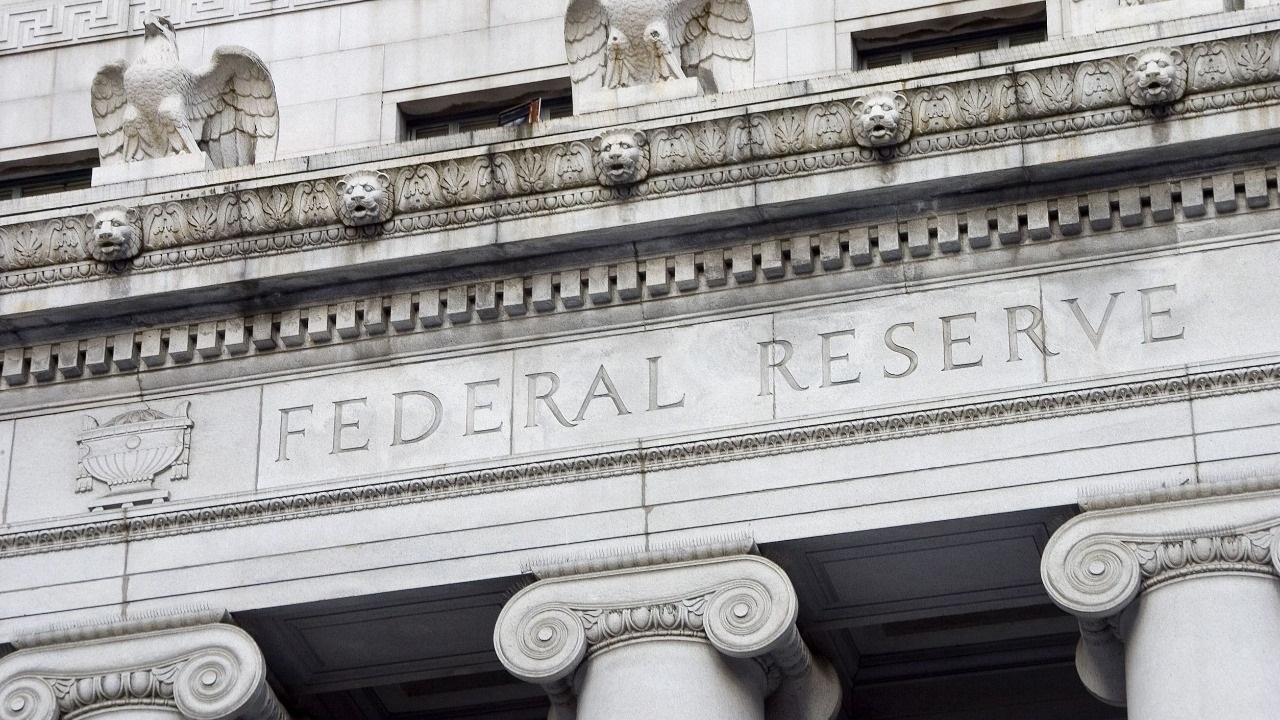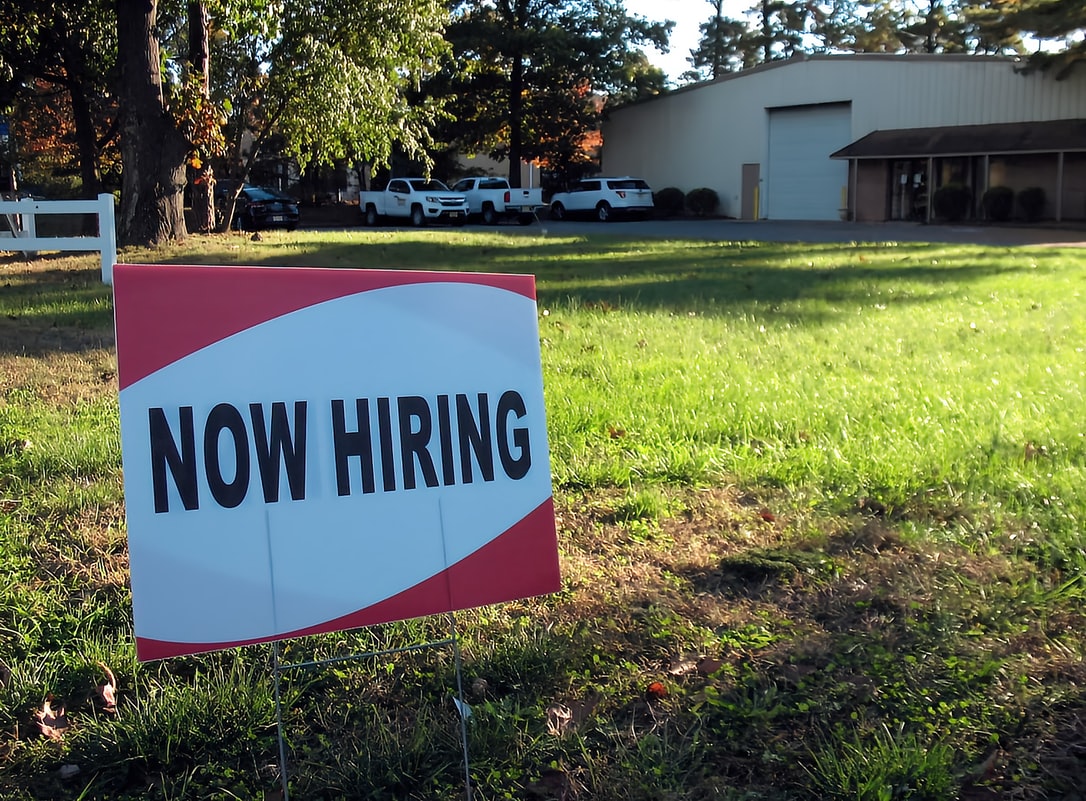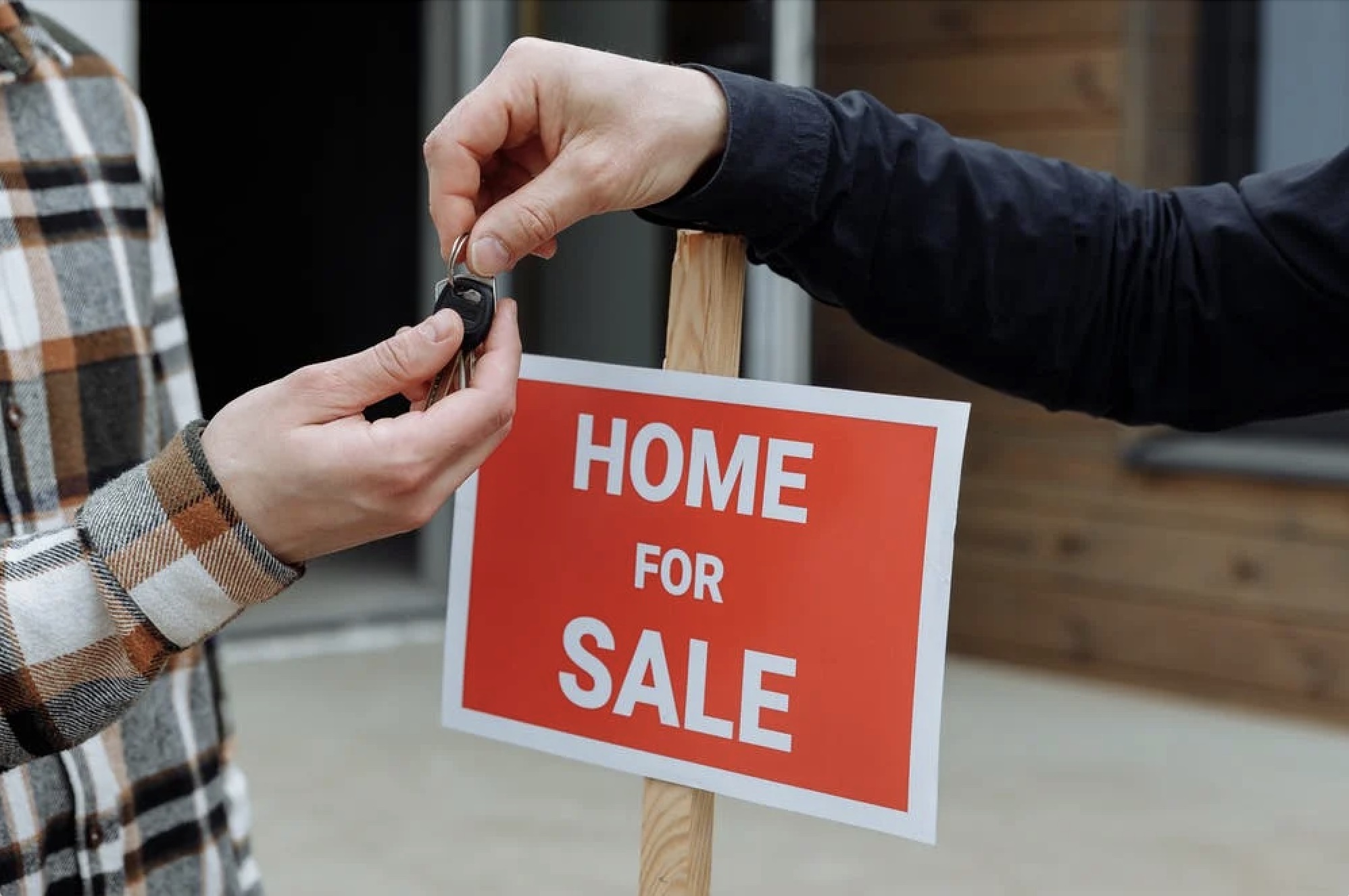
Be warned about scams as you buy, sell or rent a home. They’re still on the rise.
___
Published Date 1/13/2023
It’s unfortunate that one of the only ways we can be warned about scams is because someone (or a bunch of someones) already got duped and learned the hard way. The one thing we all have in common, however, is that we can become victims, whether we are buyers, sellers, or landlords.
According to Realtor’s Kathleen Willcox, home-related hoaxes are on the rise. “Losses from real estate cyber crimes have gone up nearly as fast as home prices—totaling more than $350.3 million last year, an increase of 64%, according to the FBI’s most recent Internet Crime Report,” she says.
Willcox reports that apart from wire scams, “Other crimes include fake real estate transactions, business email compromise schemes, and criminal use of cryptocurrency. Simply being aware and on the lookout for common fraud is essential if you want to hold on to your cash and your peace of mind.”
Willcox consulted with Tennessee-based real estate broker Theresa Raymond, who says more than 5.2 million renters in the U.S. lose money in a given year because of rental scams. “Fake rental advertisements are on the rise. In this scenario, the con artist or a group posts a false rental ad and asks a potential tenant for a deposit or lease payment,” says Willcox, who says to be particularly on the lookout for rental posts that seem suspiciously idyllic, or otherwise untethered to reality.
“It starts with an online listing for a rental property that is too good to be true,” says Denver-based RE broker Shaun Martin. “The rent is significantly lower than market value, and the photos look amazing. When you contact the ‘landlord,’ they will say they are out of town and unable to show the property in person. They will ask you to wire the deposit and first month’s rent sight unseen. Of course, once you send the money, you will never hear from them again.”
Real estate wire scams still proliferate and come in many different forms. But Willcox says most involve a fundamental fake-out. A Florida-based broker explains, “This is basically a scam where someone pretends to be your real estate agent by hacking into or copying their contact information and calling you to deposit good-faith money or an earnest deposit into a fake bank account.
He advises that you always meet your real estate agent face to face to ensure everything is on the up and up before fulfilling any request for a money transfer. And each time one is requested, call him or her to verify the email's authenticity.
And then there are those property ads that seem too good to be true because they are too good to be true. One of the most common scams, especially in large metropolitan areas, is when a scam artist advertises a property for sale or rent at an unbeatable price. Upon inquiring about it, they tell you it has already been sold or rented, but they have others that are just as good. Then they try to get you to tour the other properties, which are usually overpriced or in poor condition. Be sure to research the agent to ensure they have legitimate business experience before agreeing to see any listings.
Hyping up a property’s appeal may seem relatively innocent, but there is a line that is increasingly being crossed by fraudsters intent on unloading less-than-loved homes. “The overhyped or pressurized offer process is happening with more regularity for some properties,” says Philadelphia-based broker Doug Greene. “In fact, I sometimes even see this for homes that have been sitting on the market for months on end. I’ll call and ask about the listing and current situation only to find that there’s tons of activity and offers being drafted from multiple buyers. How can that be? Why all of a sudden is it a popular property?”
Feel like you’re being oversold? Greene says you should “stick to your gut. Don’t feel pressured by what you hear from a listing agent and don’t change your plan based on the stress of the ‘in the moment’ offer process.”
A lockout clause is a sticky fraud scam, according to Willcox — particularly pernicious because so much is on the line. Another of her interviewees says, “Home sellers in financial straits are a common target of this con. A buyer, aka the con artist, who seems to be in a hurry to close the deal may pressure you into a contract with a ‘hold’ clause that bans you from selling your home to anybody else. The con artist gambles that you will pay any amount to get the deal done quickly, and uses that knowledge to his advantage by asking for admin fees or even a drop in the agreed-upon price.”
So be sure to read every contract carefully and realize that you’re on the hook for anything in there when you sign. “If your buyer is impatient and demanding, consider that a big red flag,” says Willcox. “If you do suspect you’re being targeted for fraud, let your bank know immediately. Then, contact your local FBI office.”
Realtor, TBWS
All information furnished has been forwarded to you and is provided by thetbwsgroup only for informational purposes. Forecasting shall be considered as events which may be expected but not guaranteed. Neither the forwarding party and/or company nor thetbwsgroup assume any responsibility to any person who relies on information or forecasting contained in this report and disclaims all liability in respect to decisions or actions, or lack thereof based on any or all of the contents of this report.
Wymac Capital, Inc.
CalRE: 01121628
NMLS: 18766


Russell McDonald
NMLS: NMLS: 290837 | Broker CalRE: 01150730
Wymac Capital, Inc.
346 Rheem Blvd #107, Moraga CA 94556
Company NMLS: 18766
Office: 925-937-4300
Email: russellm@wymac.com
Web: https://wymac.com

Russell McDonald
___
NMLS: NMLS: 290837 | Broker CalRE: 01150730
Last articles
___

Make the American Dream happen in 2024 by being realistic
1/19/2024
If 2024 is the year when your biggest wish is to make buying a home a reality...... view more

The focus today will be the Federal Open Market Committee
7/26/2023
This afternoon the FOMC will increase the FF rate by 25 bps taking it to a range... view more

Three things that could impact rates this week
5/22/2023
These are the three areas that have the greatest ability to impact rates this we... view more

Debt ceiling continues to dominate financial news
5/22/2023
Nothing this week tops the debt ceiling talks. Biden and McCarthy scheduled to m... view more

Markets speculate on how the Fed will respond to recent banking fears
3/17/2023
Concerns over bank issues slowed yesterday, some key Wall Street firms suggestin... view more

Consumer Price Index meets expectations but volatility remains high
3/14/2023
February headline Consumer Prices (CPI) increased by 0.4% on a MOM basis and 6.0... view more

Initial Weekly Jobless Claims continue to defy expectations
3/2/2023
Initial Weekly Jobless Claims were lower than expected (190K vs. est. of 195K). ... view more

Jump in prices paid by manufacturers increases pressure on markets
3/1/2023
What’s the true story about job growth? In the WSJ this morning, an article sayi... view more

Poor manufacturing data counters overseas inflation worries
2/28/2023
December YOY Case Shiller Home Price Index tanked from an appreciation rate of 6... view more
Load more
 Wymac Capital, Inc.
Wymac Capital, Inc.
































